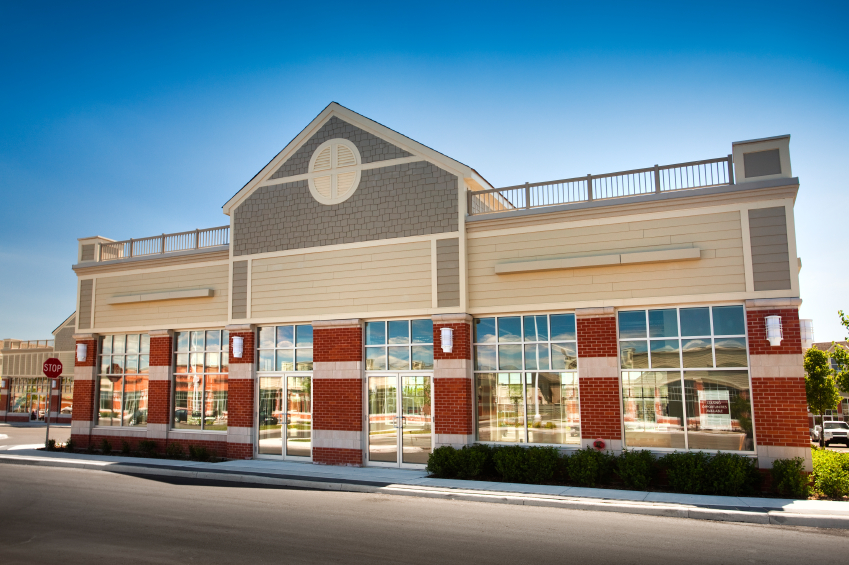
Barry Bain, CCIM
Director, GRS | Centaur
(630) 690-4335
bbain@fv2.d32.myftpupload.com
Connect on Linkedin
Single tenant net lease is one sector that the commercial real estate investment community can consistently count on for health. That doesn’t seem like it’s going to change anytime soon, or at least in the next year, according to a recent National Real Estate Investor survey.
Unlike the apartment sector, where there is some concern about a too much supply hitting the market for sustainable fundamentals, few report respondents were concerned about that in net lease. Only 15 percent said that there were too many assets in the sector, while 62 percent said there was either too little or the right amount.
The report noted that net lease retail cap rates, as of last year’s fourth quarter, were at a historic low, down to 6.07 percent, based on data from The Boulder Group, making it lower than almost all commercial real estate sectors. Most likely based on that information, most NREI survey respondents, 63 percent, said that they expect a cap-rate rise, though that is less than the 69 percent tallied in last year’s report.
Medical office/healthcare was seen as the net lease property type most in demand by investors, followed by industrial, restaurants/fast food, drug stores, and convenience/discount retailers. Industrial had the most favorable outlook for the coming year and was followed by medical/office healthcare, bank/financial outlets, convenience/discount retailers and government locations.
From a lending standpoint, 27 percent of those surveyed said that there is more capital available for deals this year, while only 10 percent had the same feeling in last year’s survey. Forty-five percent said the situation remains unchanged from 2018.
Meanwhile, The Boulder Group’s fourth-quarter net lease report said that other than retail, cap rates came in at seven percent for office, a 0.02 percent increase year over year and 7.25 percent, which was down the identical amount from the same period last year.
Its report calls out newly constructed buildings for McDonald’s, 7-Eleven and dialysis chain DaVita as three of the tenants with increasing compressing cap rates.
However, the low cap rates have made it less of a sellers’ market, said Boulder, explaining “with the exception of high-quality properties, the consensus is that the market generally is no longer seller orientated in regard to asset pricing. In recent years, sellers were perceived to have the upper hand, however most active net lease participants believe there has been a move to neutral.”
About GRS Group:
GRS Group is a leading provider of commercial real estate (“CRE”) services worldwide. With offices across the United States, Europe, and affiliates around the globe, GRS Group provides local market knowledge with a global perspective for institutional real estate investors, occupiers and lenders worldwide. The GRS Group team has evaluated and advised on over $1 trillion in CRE transactions.
Through the company’s proprietary management process, Global Services Connection, GRS Group delivers an integrated suite of services including Financial Advisory, Transaction Management, Assessment and Title Insurance. We provide a single point of contact, capable of leveraging the GRS Group portfolio of companies and delivering customized solutions to assist our clients in achieving their investment goals.

